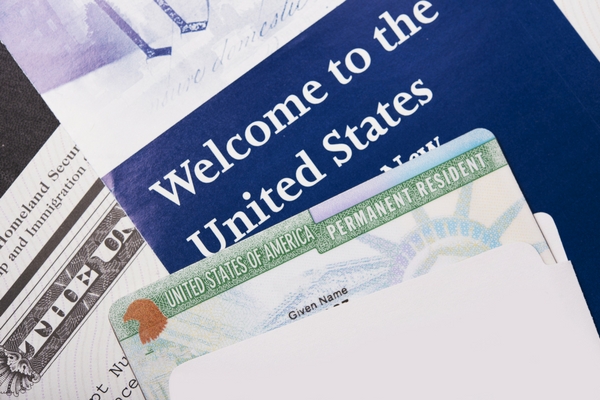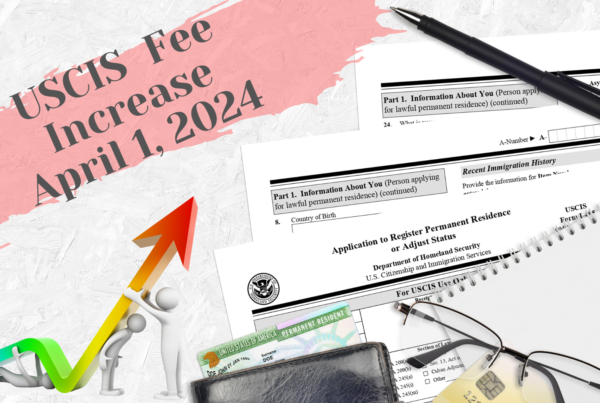Your green card (officially called a Permanent Resident Card) may be expiring soon or may already have expired. Or, perhaps you have lost it. You may even have a very old green card with no expiration date – these were given out prior to 1990, and while this type of green card is still valid, you may want to renew it. Eventually these old cards might need to be replaced, although USCIS (United States Citizenship & immigration Services) has not yet issued such a mandatory directive.
Back in 2007, USCIS published a proposal to require these “old” green cards with no expiry date to be replaced, however, the final rule never materialized. A better alternative to renewing your unexpired green card would be to find out if you qualify for citizenship. Consult an immigration attorney to discuss your eligibility for becoming a naturalized U.S. citizen.
Any green cards issued after 1990 come with an expiry date of ten years or two years, depending on what method was used to obtain it (if you got your green card through your U.S. citizen spouse and your marriage was less than two years old, then your green card would be valid for only two years and you have to “remove the conditions” prior to the two year expiration date). A lawful permanent resident (LPR), sometimes referred to as a “green card holder,” is eligible to file for citizenship five years after gaining LPR status, or three years if their LPR status was gained through marriage to a U.S. Citizen.
Another important consideration to renewing a green card or filing for citizenship is if you have a prior criminal record. Read more about the impact a criminal record may have on become a naturalized citizen in our post: “Can I Still Become A Citizen With A Criminal Record?” This is also critical for any person with a green card who travels out of the United States. Remember that each time you return to the U.S. you are being readmitted all over again, even if you hold a green card. Unlike citizenship, a green card can easily be taken away by an immigration officer at the border should you be found to have violated U.S. laws in the past or overstayed your time away from the U.S. Before you travel, consult with an immigration attorney if there are any issues you are unsure about. You don’t want any awful surprises on your return!
If you don’t renew your green card before it expires, does that mean you loose your permanent resident status? No, you will still be a lawful permanent resident (LPR) however, the law does require you to hold a valid green card for identification purposes. Without this you will likely have difficulty obtaining a job or drivers license. If you lost your green card, then you will need to file form I-90 to replace it.
Recognize that along with being an LPR comes many obligations and expectations that you must uphold. Some of the most common ways individuals loose their LPR status is by remaining out of the U.S. longer than 6 months without obtaining a re-entry permit, failing to file taxes, and voting in elections that require the voter to be a U.S. citizen. NEVER claim to be a U.S. citizen if you are not!
By adhering to the requirements during your status as a lawful permanent resident and keeping your green card up to date, once you are ready to file for your citizenship, it will be a much simpler process than if you have complications to deal with.
Image credit: Canva.com









